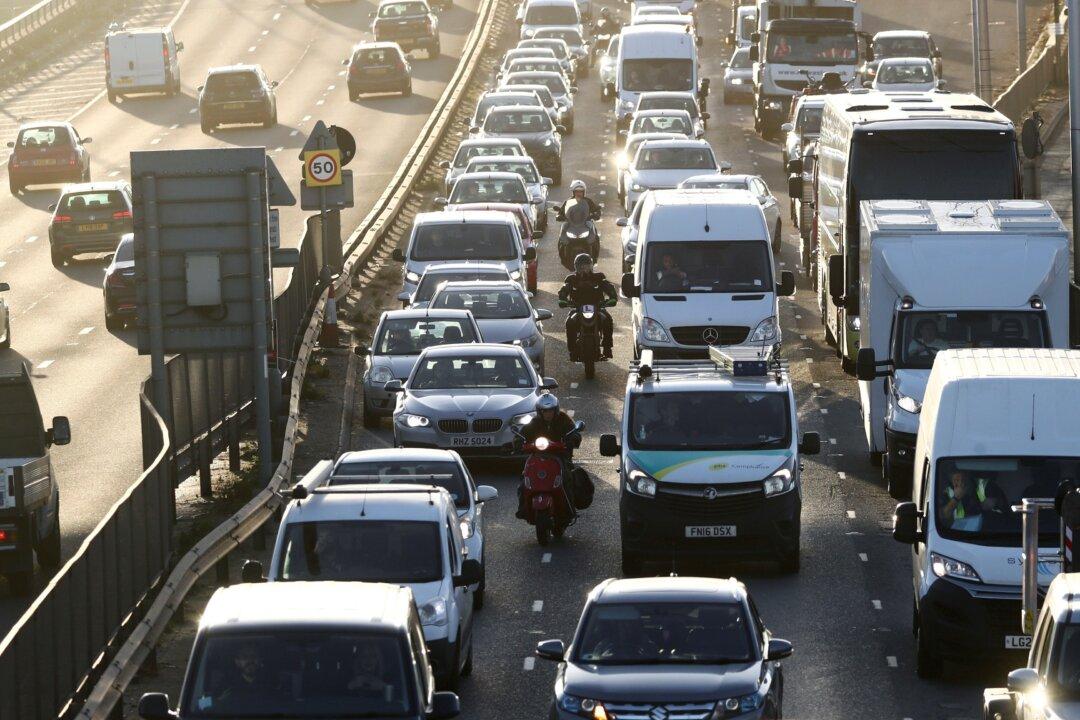Sales in the United Kingdom of new gasoline- and diesel-powered cars and vans will be banned from 2030, 10 years ahead of the government’s original plan, Prime Minister Boris Johnson said on Nov. 18.
But hybrid cars and vans that can drive a significant distance with no carbon emissions can be sold until 2035.





